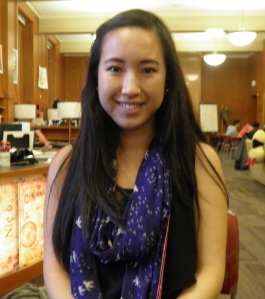Post by Hannah Williams, University of Oregon PRSSA member.
As public relations students, we are meant to be prepared as we possibly can before entering the real world. While earning a degree in the field is a great start, your skills and portfolio are important factors to post-grad success. Potential employers look for certain areas of expertise in recent graduates and potential hires. Here are several skills that public relations students should sharpen before entering the workforce:
• How to tell a story: When most students hear this word they think that it only applies to reporters and journalists, but as PR practitioners we need to be able to communicate to our audiences in a creative and clear manner. Crafting a strong story and message is an essential skill for any in the communication field.
• How to listen: Good communication skills mean the ability to deliver a message, as well as the ability to listen. Active listening will help you understand exactly what your clients and bosses are expecting, and help you avoid mistakes later. Pay attention in conversations, write down what is being said and be able to relay the information back.
• How to do social media: Advanced understanding of social media platforms such as Facebook, Twitter, LinkedIn, WordPress and Instagram will be extremely beneficial, as most businesses have a digital strategy component to their public relations efforts. Additionally, students should also be aware of their own online presence. Potential employers and clients may look at your social media channels for a better understanding of you as a potential employee.
Understanding and using these skills will prepare any public relations student for the world beyond graduation. The ability to communicate in-person and online, as well as thinking critically and creatively will help you to stand out in the crowd.





